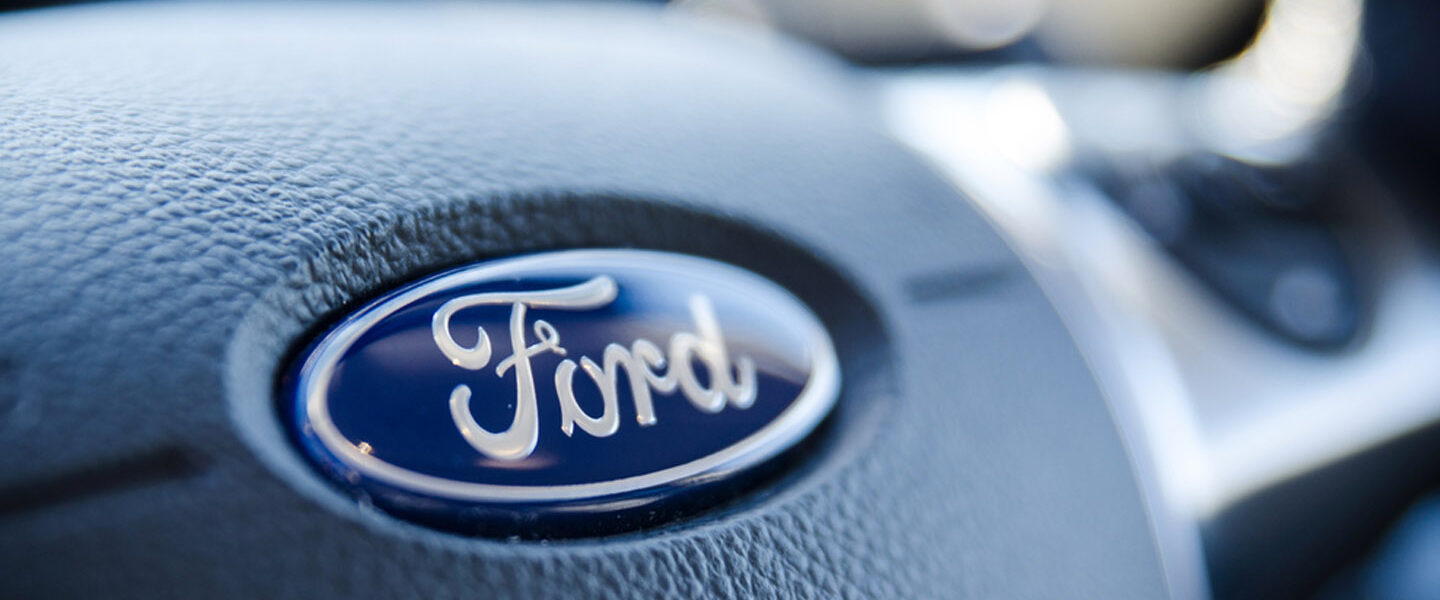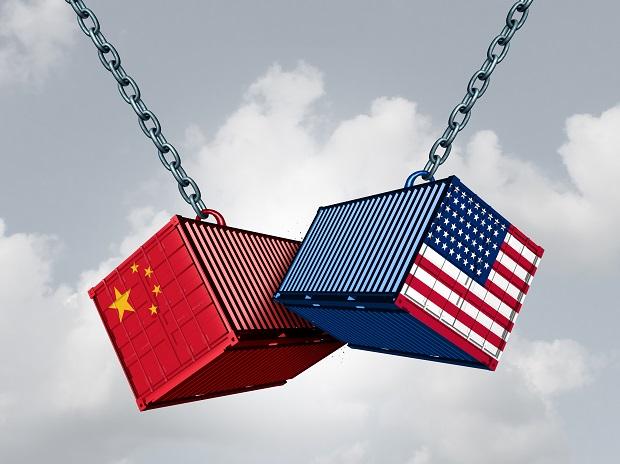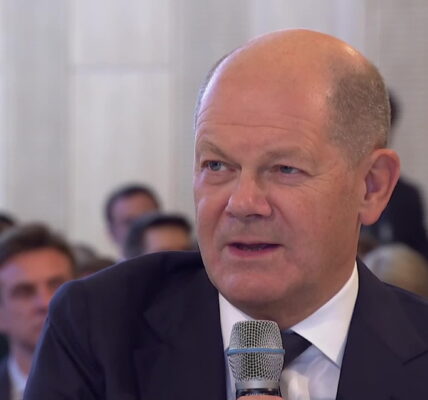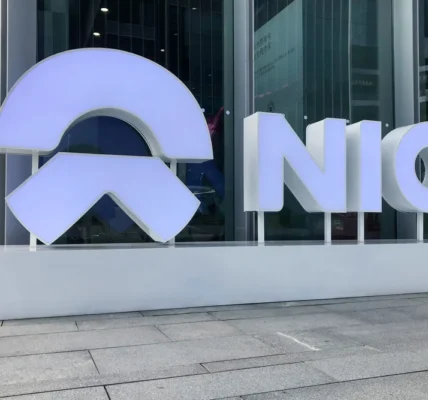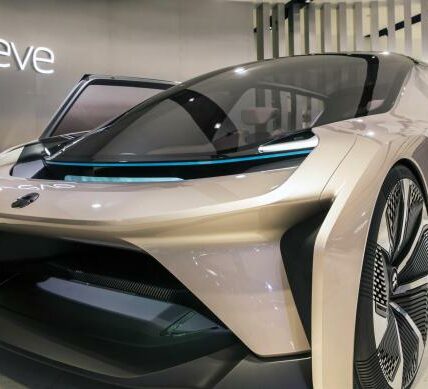Ford plans to scale back future investments in China, as the US carmaker’s chief executive warned there was “no guarantee” western carmakers could win against local electric-vehicle rivals.
The company will “put less capital at risk” by focusing on commercial vehicles such as delivery vans, and will instead use the market as a “listening post” to help it better understand battery technology, Jim Farley told the Financial Times. “If you just reinvest in a new cycle of EVs in China, there is no guarantee, or no data, that would suggest the western companies win,” Farley said. “The winners in China [in EVs] turn out not to be the [traditional carmakers],” he said. “It’s actually all the EV brands like BYD and Tesla, Great Wall, SAIC, and Changan, who are winning.” Global carmakers have been losing ground to domestic rivals that offer cheaper or better electric vehicles, threatening profits in the market that has become a core business for manufacturers such as Volkswagen, Mercedes-Benz or General Motors.
Several carmakers such as VW have vowed to boost spending in the country to try to claw back market share, but Ford plans to take a different approach, Farley said. “We have been for the last couple of years, really looking carefully at our China business,” Farley said. “And now we have made up our mind where our strategy is going to be, and it will be a much lower investment, more focused investment.”
He declined to comment on local reports on Monday that Ford was preparing to cut 1,300 jobs in the country. But he added: “We don’t want to leave China like others have because the battery technology, the user digital experience . . . is among the best in the world.” Ford, which has eight plants in the country through joint ventures with local players Changan, Lin Ho or JMC, has had its market share halve since 2016.
The US group’s vehicle sales in the country fell below 500,000 last year for the first time in a decade, though it plans to export some electric vans made with JMC to emerging markets. Ford’s planned slimming of its Chinese operation has echoes of the carmaker’s strategy in other regions such as Europe, where it has been cutting models such as the smaller Fiesta and refocusing on higher-margin vehicles. Separately, many carmakers have been reshuffling global operations in light of rising trade tensions between the US and China, either to reduce exposure to Chinese supply chains or to tap into US tax credits that reward local manufacturing.
Ford in February announced it will manufacture batteries that contain technology from China’s CATL in a new $3.5bn facility in Michigan, a move that has caused political backlash from some Republican representatives. Farley said the move created US jobs, and said that others such as Tesla import the same battery technology for US-built vehicles. Ford’s vehicles that contain CATL’s lithium iron phosphate, or LFP, batteries would still qualify for incentive credits under the US Inflation Reduction Act, he added.



